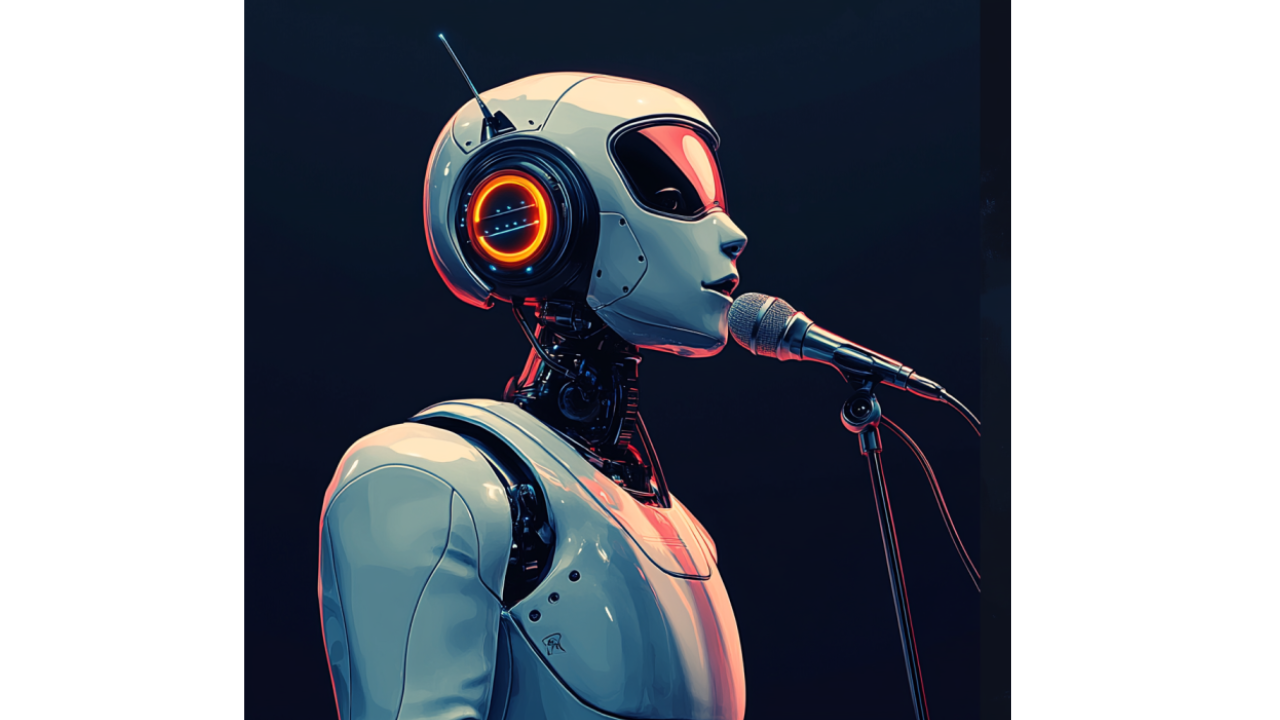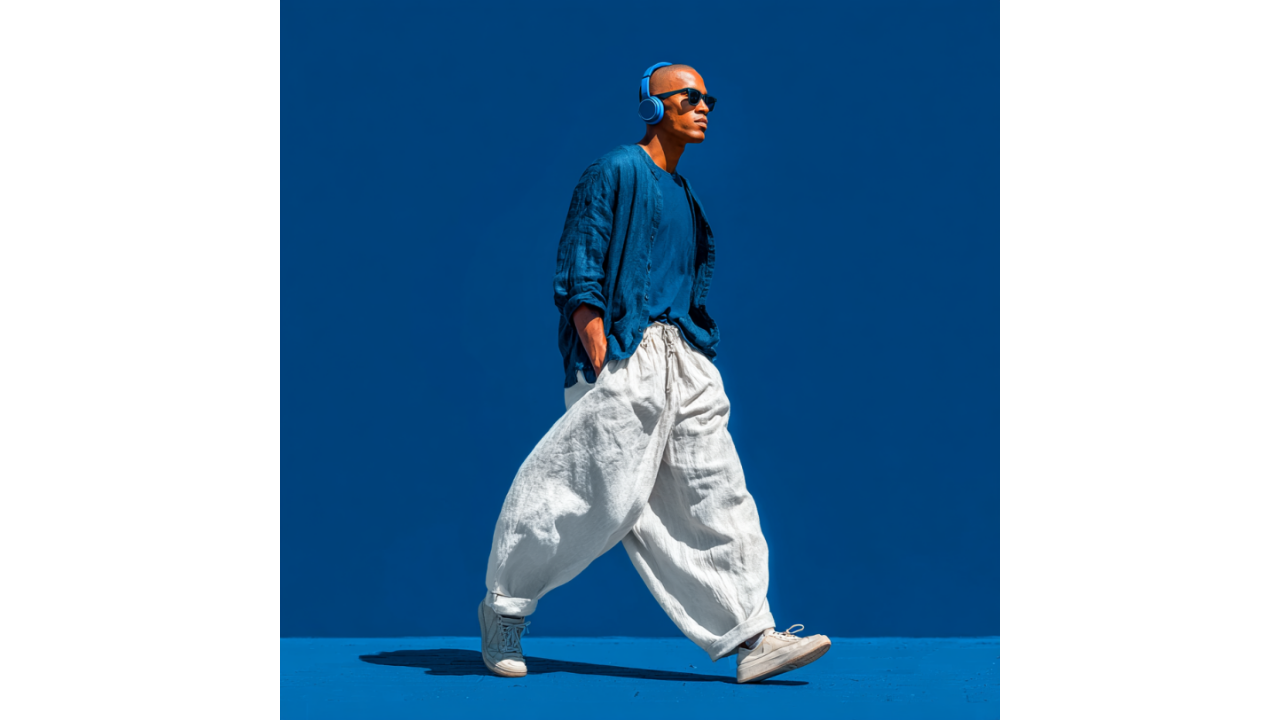The Death of Journalism by a Thousand AI Cuts
When The Wall Street Journal, Bloomberg, and Yahoo News proudly showcase their AI-generated article summaries, they're not demonstrating...

Anthropic just delivered what might be the most thoughtful AI advancement of 2025: a voice-enabled Claude that actually works as promised, combined with breakthrough debugging capabilities that showcase the company's commitment to building truly useful—and safe—artificial intelligence.
The new voice mode, now rolling out to iOS and Android users, represents more than just another chatbot upgrade. Users can now interact with their Google Workspace data—Docs, Drive, Calendar, and Gmail—through natural speech, with Claude delivering concise summaries and reading content aloud in distinct voice profiles including Buttery, Airy, and Mellow. What sets this apart from competitors isn't just the technical execution, but the careful rollout: starting with English-only and mobile-first, with paid subscribers getting enhanced Workspace integration while free users receive real-time web search capabilities.
This measured approach exemplifies Anthropic's broader philosophy. While other AI companies rush features to market, Anthropic continues to prioritize safety and utility in equal measure. The company's recent activation of AI Safety Level 3 (ASL-3) protections demonstrates this commitment isn't just marketing speak—it's operational reality.
The most compelling validation of Anthropic's approach came this week from an unexpected source: a frustrated developer who'd been wrestling with a four-year-old bug. Claude Opus 4 successfully identified and explained a shader bug hidden within 60,000 lines of C++ code that had eluded human engineers and previous AI models for years. The bug had emerged from a major architectural refactor and represented the kind of complex, edge-case failure that typically requires weeks of debugging.
Using Claude Code with the Opus 4 model, the developer ran a focused two-hour session with about 30 prompts, and the AI traced the issue back to a subtle architectural dependency. This wasn't just pattern matching or simple error detection—it was genuine technical reasoning about complex system interactions. The developer, who described himself as "generally the person on the team that other developers come to after they struggled with a problem for a week," noted that previous attempts with GPT-4.1, Gemini 2.5, and Claude 3.7 had yielded no progress.
Claude Opus 4 leads on SWE-bench (72.5%) and Terminal-bench (43.2%), but these benchmark scores don't capture the real-world impact. Major companies are already reporting significant improvements: Cursor calls it "state-of-the-art for coding and a leap forward in complex codebase understanding," while Replit reports "improved precision and dramatic advancements for complex changes across multiple files".
What makes Anthropic's progress particularly noteworthy is how they've maintained their safety-first approach while delivering genuinely useful capabilities. The company's Constitutional AI framework isn't just academic theory—it's producing measurable results. Recent research shows an 81.6% reduction in successful jailbreaks when constitutional classifiers were implemented in Claude 3.5 Sonnet, with only a 0.38% increase in refusals for legitimate requests.
This balance is crucial. Too many AI safety initiatives result in overly cautious systems that can't perform useful work. Anthropic has managed to build models that are both more capable and more responsible. Their ASL-3 Security Standard involves increased internal security measures and deployment measures designed to limit the risk of Claude being misused for CBRN weapons development, while still enabling the breakthrough technical capabilities we're seeing in real-world applications.
The company's approach to system prompts reveals this thoughtful balance. Independent research into Claude 4's behavioral controls shows sophisticated measures that suppress flattery, limit excessive list use, enforce strict copyright rules, and guide the model to provide emotional support without encouraging harmful actions. These aren't afterthoughts—they're core architectural decisions that shape how the AI behaves at a fundamental level.
While competitors rush to announce flashy features and eye-popping benchmark scores, Anthropic continues to focus on building AI that works reliably in real-world scenarios. The company's core safety philosophy acknowledges that "predicting the behavior and properties of AI systems in the near future is very difficult" and therefore pursues "a variety of research directions aimed at better understanding, evaluating, and aligning AI systems".
This intellectual humility translates into practical advantages. When OpenAI's latest models struggle with complex multi-file codebases or Google's Gemini hallucinates about basic facts, Claude consistently delivers accurate, useful responses. The voice mode integration with Google Workspace isn't just a technical achievement—it's a demonstration of how AI can enhance productivity without compromising user safety or data privacy.
Anthropic's updated Responsible Scaling Policy introduces capability thresholds and establishes the role of a "Responsible Scaling Officer" to oversee compliance, setting standards that other AI companies should emulate. The company's recent policy recommendations to the White House, including preserving the AI Safety Institute and developing national security evaluations for AI models, demonstrate their commitment to industry-wide responsible development.
Anthropic's latest developments represent more than incremental improvements—they're proof that ethical AI development and cutting-edge capabilities aren't mutually exclusive. The company has managed to build voice interactions that feel natural, debugging tools that solve real problems, and safety measures that actually work, all while maintaining the highest standards of responsible AI development.
As the AI industry continues to mature, Anthropic's approach offers a compelling alternative to the "move fast and break things" mentality that has dominated Silicon Valley. Claude Opus 4's ability to work continuously for several hours on complex tasks, with companies like Rakuten reporting successful 7-hour autonomous operations, suggests we're entering a new phase where AI can handle genuinely complex, long-running tasks without human babysitting.
The integration of voice capabilities with Google Workspace, combined with breakthrough debugging performance and industry-leading safety measures, positions Anthropic as the company to watch in 2025. They're not just building better AI—they're building AI we can actually trust to work alongside us, enhancing human capabilities rather than replacing human judgment.
In an industry often characterized by hype and hyperbole, Anthropic continues to let their work speak for itself. And right now, it's speaking volumes about what responsible AI development can achieve.

When The Wall Street Journal, Bloomberg, and Yahoo News proudly showcase their AI-generated article summaries, they're not demonstrating...

Anthropic just delivered what Apple developers have been waiting for: seamless Claude integration directly in Xcode 26. This isn't another half-baked...

Alex Karp, the billionaire CEO of Palantir Technologies, stood at Davos this week and declared that artificial intelligence will eliminate the need...